THERAPY
THERAPY
TAKETINA IN THERAPY…
Transformation through Rhythm
… Every dysfunctional behaviour that hinders our life transforms into a rhythmic blockade in TaKeTiNa. These can not only be recognised easily with TaKeTiNa, but also overcome in a creative way. The results of this transformational process are soon also felt in daily life. For this reason TaKeTiNa is also used in various forms of therapy.
“TaKeTiNa not only connects you with basic rhythmic knowledge, it also re-synchronizes the body rhythms that are often disorganized in the world today.”
Already in the early years it became apparent, that TaKeTiNa has positive health effects. Participants suffering from psychosomatic disease such as heart arrhythmia, asthma or tinnitus recognised a tangible release in their symptoms after each session. These observations led to collaborations with physicians and scientists and later to full blown research projects. Some TaKeTiNa teachers work in clinics or therapeutic facilities started to integrate TaKeTiNa into their therapeutic work.
The results demonstrated that TaKeTiNa is especially powerful in treating:
Pain management | Depression | Burnout | Trauma therapy
TAKETINA IN THERAPY
Transformation through Rhythm
Every dysfunctional behaviour that hinders our life transforms into a rhythmic blockade in TaKeTiNa. These can not only be recognised easily with TaKeTiNa, but also overcome in a creative way. The results of this transformational process are soon also felt in daily life. For this reason TaKeTiNa is also used in various forms of therapy.
“TaKeTiNa not only connects you with basic rhythmic knowledge, it also re-synchronizes the body rhythms that are often disorganized in the world today.”
Already in the early years it became apparent, that TaKeTiNa has positive health effects. Participants suffering from psychosomatic disease such as heart arrhythmia, asthma or tinnitus recognised a tangible release in their symptoms after each session. These observations led to collaborations with physicians and scientists and later to full blown research projects. Some TaKeTiNa teachers work in clinics or therapeutic facilities started to integrate TaKeTiNa into their therapeutic work.
The results demonstrated that TaKeTiNa is especially powerful in treating:
Pain Management | Depression | Burnout | Trauma Therapy
Rhythm Therapy
Frank Rihm’s decade long work in the clinic of Heiligenfeld in Bad Kissingen finally led to the implementation of the “Training for TaKeTiNa Rhythm Therapy“, hosted by the Academy of Heiligenfeld and led by Reinhard Flatischler, Frank Rihm (leading therapist in the clinics of Heiligenfeld) and Bettina Berger (consultant for psychosomatic medicine and psycho therapy, HAKOMI® trainer).
Training in TaKeTiNa Rhythm Therapy
The 2nd training for the TaKeTiNa Rhythm Therapy starts in August 2020. This training is custom made for therapists, psychologists, physicians and people working in the realms of healing. It teaches how to work with the TaKeTiNa process in a clinical setting.
“We’ve successfully used TaKeTiNa in our clinic as a form of rhythm therapy for the last 25 years.
The experience of using rhythm in a group to help ‘lose oneself and find oneself again and anchor oneself more securely in the self’ is a fundamental and enormously beneficial part of the psychosomatic inpatient treatment.”
– Dr. Joachim Galuska,
Director of the Heiligenfield Clinic
Rhythm Therapy
Frank Rihm’s decade long work in the clinic of Heiligenfeld in Bad Kissingen finally led to the implementation of the “Training for TaKeTiNa Rhythm Therapy“, hosted by the Academy of Heiligenfeld and led by Reinhard Flatischler, Frank Rihm (leading therapist in the clinics of Heiligenfeld) and Bettina Berger (consultant for psychosomatic medicine and psycho therapy, HAKOMI® trainer).
Training in TaKeTiNa Rhythm Therapy
The 2nd training for the TaKeTiNa Rhythm Therapy starts in August 2020. This training is custom made for therapists, psychologists, physicians and people working in the realms of healing. It teaches how to work with the TaKeTiNa process in a clinical setting.
“We’ve successfully used TaKeTiNa in our clinic as a form of rhythm therapy for the last 25 years.
The experience of using rhythm in a group to help ‘lose oneself and find oneself again and anchor oneself more securely in the self’ is a fundamental and enormously beneficial part of the psychosomatic inpatient treatment.”
– Dr. Joachim Galuska,
Director of the Heiligenfield Clinic
Art of Aging
The long lasting collaboration between Reinhard Flatischler and Frank Rihm have also led to the project Art of Aging, which will be organized by Akademie Heiligenfeld from 2021 onwards. This program is custom made for the elderly and provides prevention for loss of physical balance and memory loss. Also mental, emotional and physical flexibility, which usually decreases in older age will be trained.
Art of Aging
The long lasting collaboration between Reinhard Flatischler and Frank Rihm have also led to the project Art of Aging, which will be organized by Akademie Heiligenfeld from 2021 onwards. This program is custom made for the elderly and provides prevention for loss of physical balance and memory loss. Also mental, emotional and physical flexibility, which usually decreases in older age will be trained.
RESEARCH
Since 1989, Reinhard Flatischler has been researching the effects of TaKeTiNa on the human psyche and physiology. The research started in collaboration with Dr. H. Peter Koepchen under the umbrella of the International Society for Music in Medicine.
Soon the research activities grew into a remarkable research project with well-known physicians and scientists.
After years of constant Heart Rate Variability and EEG study groups, this research project reveals scientific evidence, that TaKeTiNa is able to promote a solid foundation for health and wellbeing:
- It induces predictably vagotonal states as well as a deep relaxation of the nervous system.
- It also has a provable effect on the resynchronization of internal rhythms.
This effect has also allowed the remarkable successes in the project TaKeTiNa for high pain patients, initiated by Dr. Gerhard Müller-Schwefe, head of the German Society for Pain Therapy.
PROJECTS
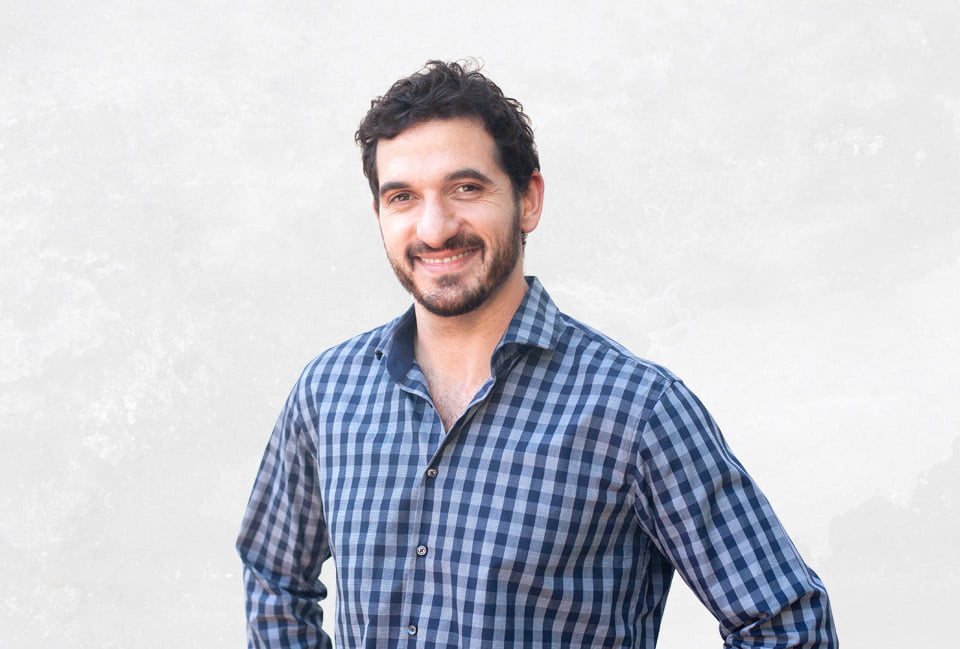
TaKeTiNa for the prevention of DEPRESSION
Dr. Ali Behzad, University Clinic Erlangen
Dr. Ali Behzad, who uses TaKeTiNa in the curriculum of the university clinic Erlangen initiated a new study project for people suffering from depression. More than 300 Million people worldwide are suffering from various degrees of depression.
READ MORE
The stress for the patient suffering from depression is enormous and most of the time leads to a derogation in the work life and social contacts. Frequently this disease becomes chronical and does not react sufficiently to the impact of established treatments. The proposed study is aimed at showing that the TaKeTiNa Rhythm Therapy is effective in treating people suffering from depression and put in comparison with other forms of therapy. In several psychosomatic clinics the TaKeTiNa Rhythm Therapy is already in use for treating depression. Over the last 20 years TaKeTiNa has been used therapeutically. A clinical proof for other pathologies such as sleep disorder has – in contrary to depression treatment – already been established.
TaKeTiNa in the process of STEM CELL TRANSPLANTATION
Currently Dr. Ali Behzad and his group at the University Hospital of Erlangen are investigating the effects of TaKeTiNa music therapy on patients undergoing allogeneic stem cell transplantation on quality of life, depression and immune response among other parameters (clinical trials: NCT02976558). Preliminary results presented at the European Congress of Integrative Medicine (ECIM) 2018 are promising. They show an improved quality of life and less acute rejection of the transplant (Graft-versus-Host-Reaktion) in the treatment group, consistent with the multi-layered effects of TaKeTiNa on body and mind and strengthening the emerging evidence of an interwoven psycho-neuro-endocrino-immune-system (PNEIS).
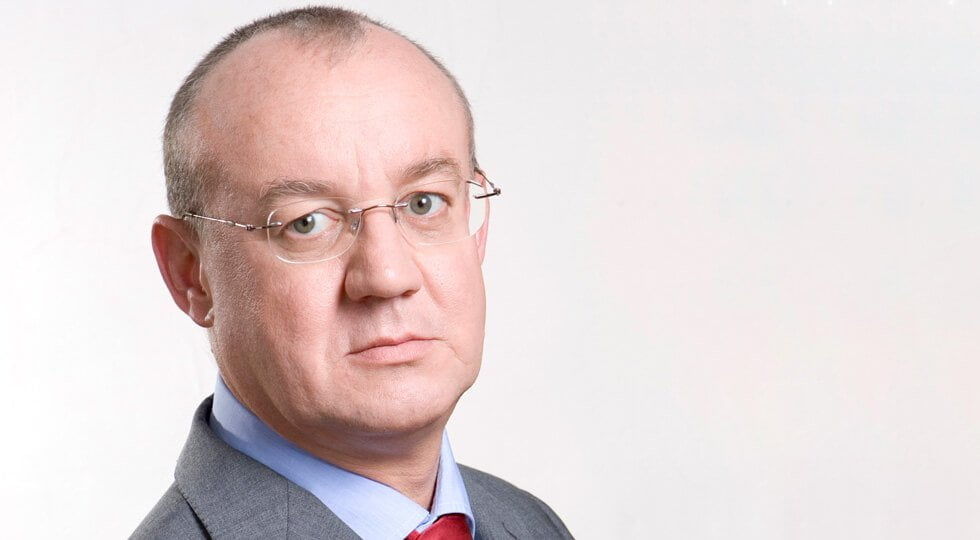
TaKeTiNa for PSYCHIC DISORDERS
Univ. Prof. Dr. Karl Dantendorfer
Specialist for Psychiatry and Neurology, Chairman of “Pro Mente”, Vienna
People suffering from serious psychic disorders often describe their state with terms such as “chaos”, “loss of control” or “disorder”. Attempts to re-establish order through intense efforts of various kinds are usually unsuccessful and often lead to a deterioration of symptoms.
READ MORE
The stress for the patient suffering from depression is enormous and most of the time leads to a derogation in the work life and social contacts. Frequently this disease becomes chronical and does not react sufficiently to the impact of established treatments. The proposed study is aimed at showing that the TaKeTiNa Rhythm Therapy is effective in treating people suffering from depression and put in comparison with other forms of therapy. In several psychosomatic clinics the TaKeTiNa Rhythm Therapy is already in use for treating depression. Over the last 20 years TaKeTiNa has been used therapeutically. A clinical proof for other pathologies such as sleep disorder has – in contrary to depression treatment – already been established.
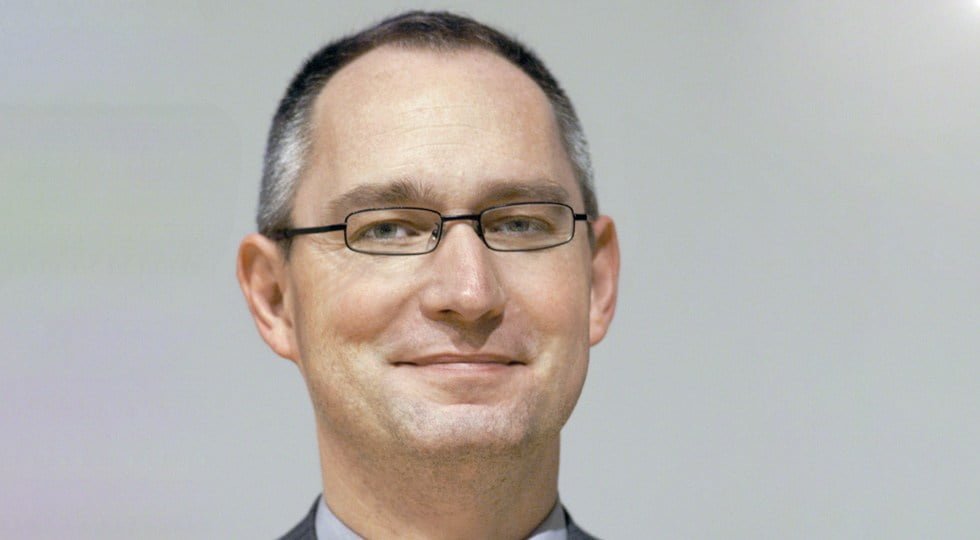
TaKeTiNa for the prevention of CHRONIC DISEASE
Dr. med. Michael A. Überall
Director IFNAP – Institute for Neuroscience, Algesiology & Paediatrics, IQUISP – Institute for Quality Management in Pain Therapy and Palliative Medicine Nuremberg.
Humans suffering from chronic disease experience multifaceted consequences and concomitant phenomena of their illness. Losing self-determination is probably the most significant consequence of any chronic disease.
READ MORE
This means losing one’s own ability to alleviate one’s symptoms or have any type of healing influence on one’s own life. Conventional medicine has nothing to offer in defeating this slow and lingering process, which is, in the end, responsible for a patient’s complete loss of autonomy.
The ability – and metaphorically speaking, the “art” – of helping people suffering from chronic disease without prescription drugs or other medicinal procedures has been lost over the millennia of human evolution. The medical consequences of this trend are clearly visible: despite medications that are increasingly better and more potent and target-oriented, despite increasingly sensitive early detection and constantly improving diagnostic methods, chronic diseases are constantly on the rise, especially in industrialised nations. They seem to defy all these methods.
In return, the ability to influence such illnesses oneself is constantly on the decline. Modern humans have become dependent on technocratic developments. Although our natural disposition is still embedded deep within, we have lost the ability to access it in order to help ourselves and others. The art of activating our inherent skills defies our conscious control – a dilemma that conventional medicine would prefer to conceal because just this art is so gladly sacrificed on the altar of medical progress and high-tech medicine!
If, in the broadest sense, the term “art” describes any activity based on knowledge, practice, perception, imagination and intuition, then the art of showing humans another way, of opening doors, of helping them develop perspectives that enable them to give up their dependencies and find new forms of self-determination must be one of the most significant abilities humans can acquire. What an amazement to meet people who possess this artistry. People who have not only re-learned how to take these natural skills to heart, but who also have the ability to awaken this ability in others.
TaKeTiNa is such a work of art. Its creator Reinhard Flatischler is such a unique artist. Those whose eyes and minds are open enough to experience what TaKeTiNa can do, those who are able to witness people with chronic disease regain their will to live, discover new perspectives for their life and ultimately become empowered and self-determined once again, recognize that TaKeTiNa is the result of a creative innovation process that in itself is the actual work of art.
Reinhard Flatischler should not only be thanked in general for developing this work of art. He also deserves special gratitude for having provided it to those in need for the last forty years – often against many obstacles. What a revelation in the light of a healthcare system that is otherwise afflicted by economic constraints.
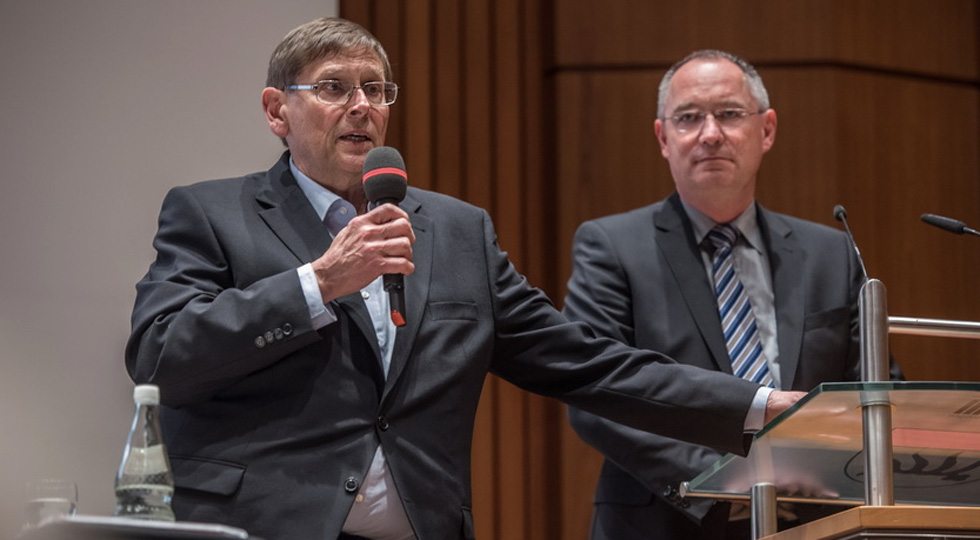
TaKeTiNa in PAIN THERAPY
Dr. Gerhard Müller-Schwefe
President German Society for Pain Medicine e.V.
Between February 1998 and October 1999 the project “TaKeTiNa in Pain Therapy,” initiated by the German Pain Association (DGS), was conducted by Dr. Gerhard Müller-Schwefe working together with Reinhard Flatischler and TaKeTiNa teachers.
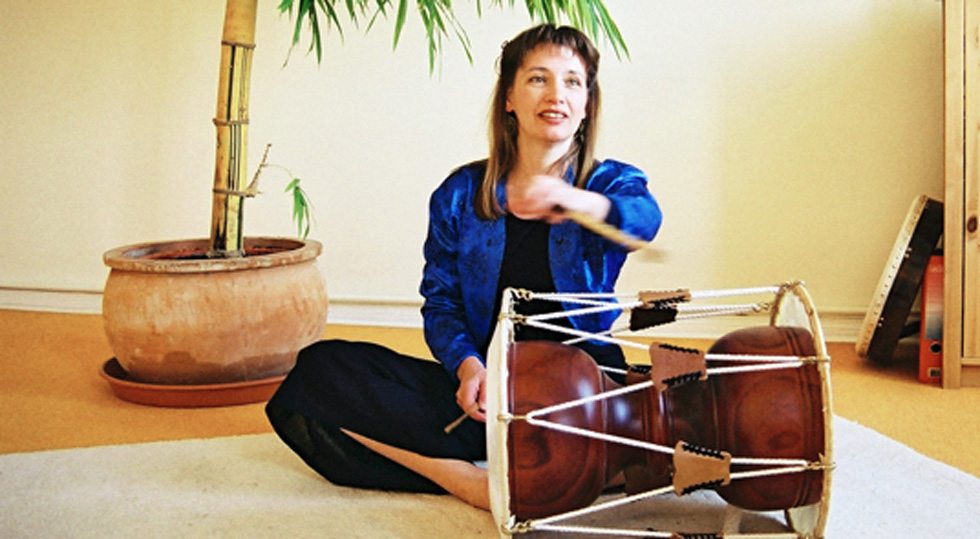
TaKeTiNa in PSYCHOTHERAPY
Dr. Ingrid Wagner
Specialist in Psychosomatic Medicine and Psychotherapy
Defining health as the harmony between mind and body is an ancient idea, asking us to pay attention to our inner thoughts, feelings and our physical body equally. Descartes’ famous dictum “I think therefore I am” tipped this balance towards the physical and has had consequences on our lives ever since, but intellectual analysis alone is rarely enough to relieve emotional suffering.
RESEARCH
Since 1989, Reinhard Flatischler has been researching the effects of TaKeTiNa on the human psyche and physiology. The research started in collaboration with Dr. H. Peter Koepchen under the umbrella of the International Society for Music in Medicine.
Soon the research activities grew into a remarkable research project with well-known physicians and scientists.
After years of constant Heart Rate Variability and EEG study groups, this research project reveals scientific evidence, that TaKeTiNa is able to promote a solid foundation for health and wellbeing:
- It induces predictably vagotonal states as well as a deep relaxation of the nervous system.
- It also has a provable effect on the resynchronization of internal rhythms.
This effect has also allowed the remarkable successes in the project TaKeTiNa for high pain patients, initiated by Dr. Gerhard Müller-Schwefe, head of the German Society for Pain Therapy.
PROJECTS

TaKeTiNa for the prevention of DEPRESSION
Dr. Ali Behzad
Erlangen University Clinic
Dr. Ali Behzad, who uses TaKeTiNa in the curriculum of the university clinic Erlangen initiated a new study project for people suffering from depression. More than 300 Million people worldwide are suffering from various degrees of depression.
READ MORE
TaKeTiNa in the process of STEM CELL TRANSPLANTATION
Dr. Ali Behzad
Erlangen University Clinic
Dr. Ali Behzad, who uses TaKeTiNa in the curriculum of the university clinic Erlangen initiated a new study project for people suffering from depression. More than 300 Million people worldwide are suffering from various degrees of depression.

TaKeTiNa for the prevention of PSYCHIC DISORDERS
Univ. Prof. Dr. Karl Dantendorfer
Specialist for Psychiatry and Neurology, Chairman of “Pro Mente”, Vienna
People suffering from serious psychic disorders often describe their state with terms such as “chaos”, “loss of control” or “disorder”. Attempts to re-establish order through intense efforts of various kinds are usually unsuccessful and often lead to a deterioration of symptoms.
READ MORE
The stress for the patient suffering from depression is enormous and most of the time leads to a derogation in the work life and social contacts. Frequently this disease becomes chronical and does not react sufficiently to the impact of established treatments. The proposed study is aimed at showing that the TaKeTiNa Rhythm Therapy is effective in treating people suffering from depression and put in comparison with other forms of therapy. In several psychosomatic clinics the TaKeTiNa Rhythm Therapy is already in use for treating depression. Over the last 20 years TaKeTiNa has been used therapeutically. A clinical proof for other pathologies such as sleep disorder has – in contrary to depression treatment – already been established.

TaKeTiNa for the prevention of CHRONIC DISEASE
Dr. med. Michael A. Überall
Director IFNAP – Institute for Neuroscience, Algesiology & Paediatrics, IQUISP – Institute for Quality Management in Pain Therapy and Palliative Medicine Nuremberg.
Humans suffering from chronic disease experience multifaceted consequences and concomitant phenomena of their illness. Losing self-determination is probably the most significant consequence of any chronic disease.
READ MORE
This means losing one’s own ability to alleviate one’s symptoms or have any type of healing influence on one’s own life. Conventional medicine has nothing to offer in defeating this slow and lingering process, which is, in the end, responsible for a patient’s complete loss of autonomy.
The ability – and metaphorically speaking, the “art” – of helping people suffering from chronic disease without prescription drugs or other medicinal procedures has been lost over the millennia of human evolution. The medical consequences of this trend are clearly visible: despite medications that are increasingly better and more potent and target-oriented, despite increasingly sensitive early detection and constantly improving diagnostic methods, chronic diseases are constantly on the rise, especially in industrialised nations. They seem to defy all these methods.
In return, the ability to influence such illnesses oneself is constantly on the decline. Modern humans have become dependent on technocratic developments. Although our natural disposition is still embedded deep within, we have lost the ability to access it in order to help ourselves and others. The art of activating our inherent skills defies our conscious control – a dilemma that conventional medicine would prefer to conceal because just this art is so gladly sacrificed on the altar of medical progress and high-tech medicine!
If, in the broadest sense, the term “art” describes any activity based on knowledge, practice, perception, imagination and intuition, then the art of showing humans another way, of opening doors, of helping them develop perspectives that enable them to give up their dependencies and find new forms of self-determination must be one of the most significant abilities humans can acquire. What an amazement to meet people who possess this artistry. People who have not only re-learned how to take these natural skills to heart, but who also have the ability to awaken this ability in others.
TaKeTiNa is such a work of art. Its creator Reinhard Flatischler is such a unique artist. Those whose eyes and minds are open enough to experience what TaKeTiNa can do, those who are able to witness people with chronic disease regain their will to live, discover new perspectives for their life and ultimately become empowered and self-determined once again, recognize that TaKeTiNa is the result of a creative innovation process that in itself is the actual work of art.
Reinhard Flatischler should not only be thanked in general for developing this work of art. He also deserves special gratitude for having provided it to those in need for the last forty years – often against many obstacles. What a revelation in the light of a healthcare system that is otherwise afflicted by economic constraints.

TaKeTiNa in PAIN THERAPY
Dr. Gerhard Müller-Schwefe
President German Society for Pain Medicine e.V.
Between February 1998 and October 1999 the project “TaKeTiNa® in Pain Therapy,” initiated by the German Pain Association (DGS), was conducted by Dr. Gerhard Müller-Schwefe working together with Reinhard Flatischler and TaKeTiNa teachers.

TaKeTiNa in PSYCHOTHERAPY
Dr. Ingrid Wagner
Specialist in Psychosomatic Medicine and Psychotherapy
Defining health as the harmony between mind and body is an ancient idea, asking us to pay attention to our inner thoughts, feelings and our physical body equally. Descartes’ famous dictum “I think therefore I am” tipped this balance towards the physical and has had consequences on our lives ever since, but intellectual analysis alone is rarely enough to relieve emotional suffering.
WOULD YOU LIKE TO LEARN MORE?
WOULD YOU LIKE TO LEARN MORE?






